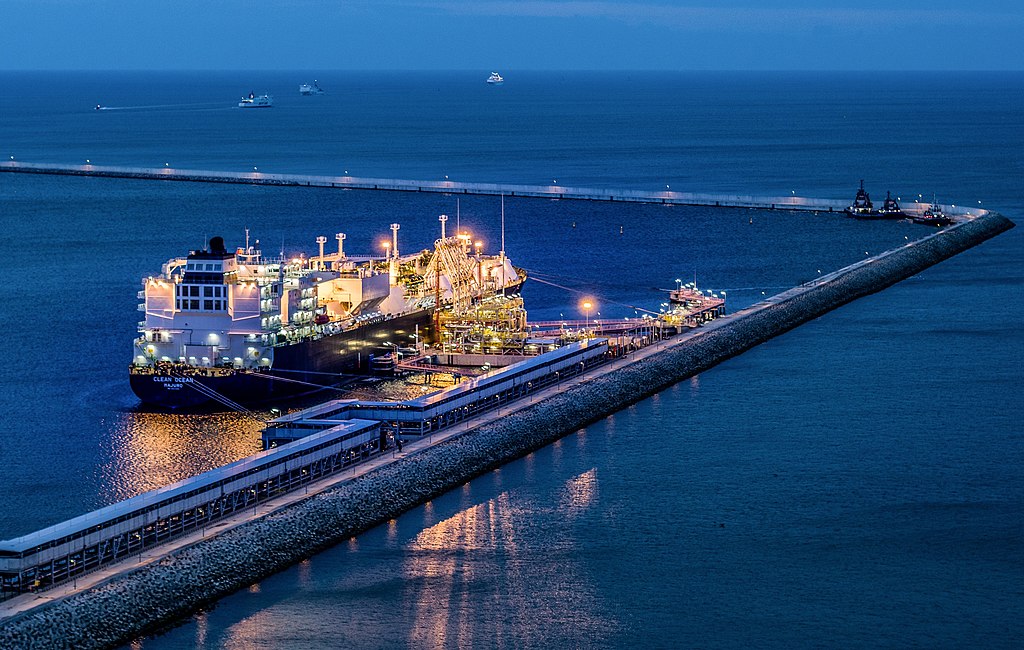Economics Minister Robert Habeck wants to replace Russian natural gas with liquefied natural gas (LNG). But this involves considerable quantities that are not available on the world market and the necessary infrastructure is not in place. German shipowners have now expressed massive concerns that Habeck’s LNG strategy will work.
Experts criticise LNG strategy of the Minister of Economic Affairs
Martin Kröger, Chief Executive of the German Shipowners’ Association, has commented on Habeck’s plan as follows (picture: 06.07.22). “There are no gas tankers in the German merchant fleet that can transport LNG over long distances. Worldwide, a total of just under 500 LNG tankers are available, but demand from other regions of the world is high.” Energy economist Andreas Fischer, also states. “The quantities of LNG must be available on the world market and corresponding tankers are needed, most of which are already committed through long-term contracts.” The Ministry of Economics can neither quantify the required number of tankers nor the frequency with which they would have to be unloaded for a secure supply. However, the experts all agree that the planned three LNG terminals will not be nearly enough.

Image: Maciej Margas, CC BY-SA 4.0, via Wikimedia Commons
There are neither enough tankers nor enough LNG terminals
The unloading of an LNG tanker cannot be accelerated at will. Technically and physically, the limit is 14,000 cubic metres per hour. This means that it takes a good 20 hours until a corresponding tanker can leave the port again. Even if enough tankers were available, they could not be unloaded fast enough with the planned LNG terminals. Thorsten Frei, parliamentary director of the CDU/CSU parliamentary group, therefore declared Habeck’s LNG strategy a failure. According to Frei, it is already foreseeable that the LNG deliveries will not be able to secure the gas supply in the coming winter. Frei therefore calls on the Minister of Economics to pump all available gas into the storage facilities and to shut down the gas-fired power plants immediately. In May, Germany’s gas-fired power plants produced more electricity than ever before, even though gas supplies from Russia had already been throttled. In the process, enormous quantities of natural gas were burned, which could be lacking in the winter.
Read also:
